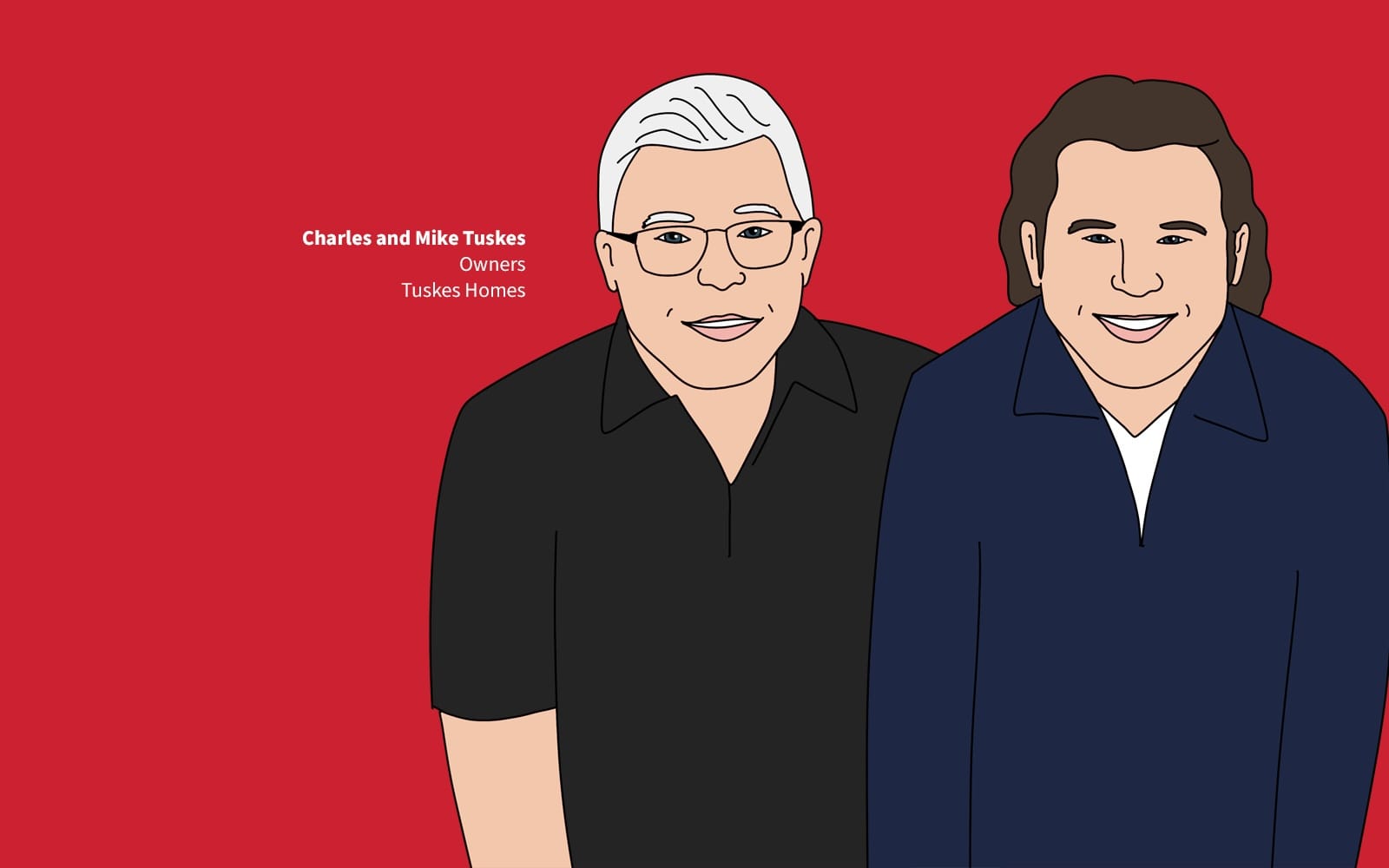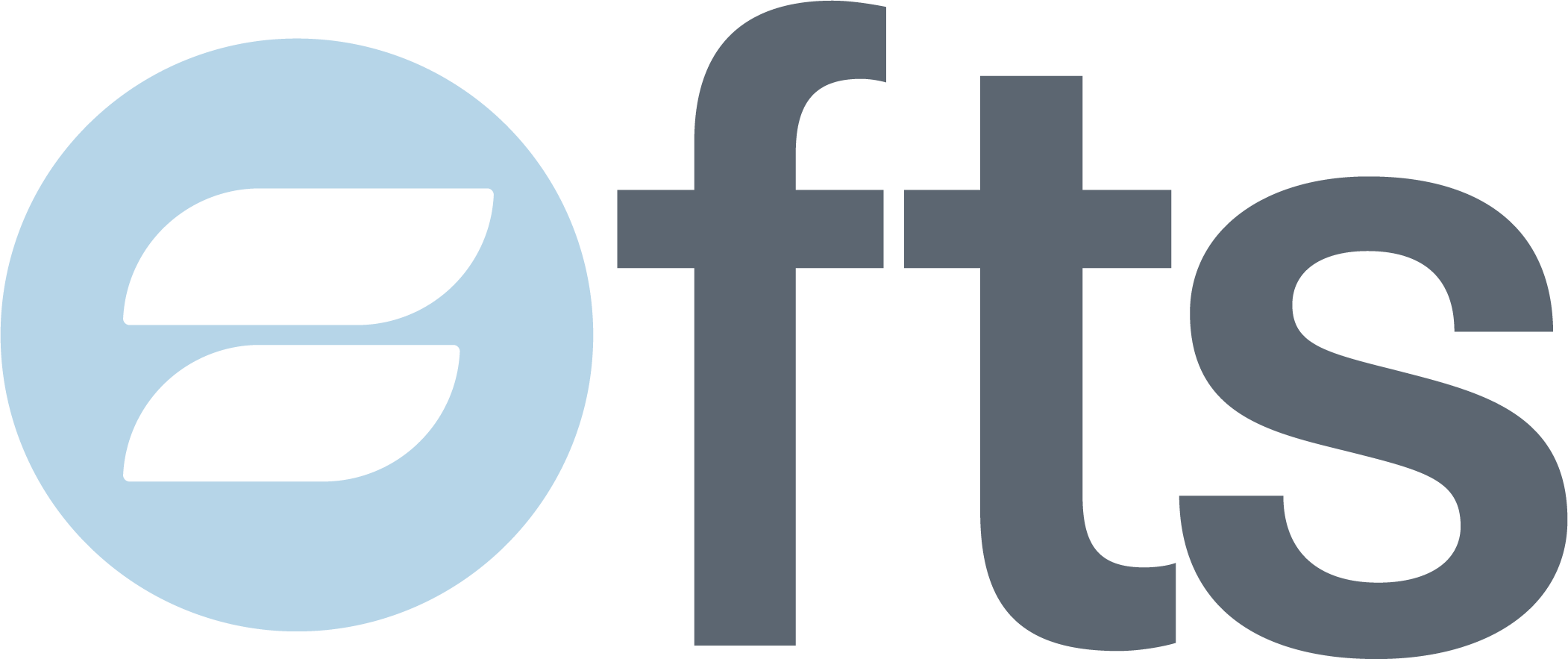Leadership
Tuskes Homes: Building Legacy And Leadership For Tomorrow
Succession isn’t just survival—it’s strategy. Mike Tuskes carries forward a three-generation homebuilding legacy by blending deep family values with technology innovation, discipline, and a people-first culture. Here’s how one local builder writes a next chapter in capability culture.

In American homebuilding, family-owned firms represent the industry's soul. Their names dot suburban communities and rural townships alike, building not just houses but local economies, civic relationships, and lifelong reputations. These businesses, often passed from generation to generation, quietly anchor a sector increasingly dominated by national public homebuilders.
Yet family succession in homebuilding today is no simple matter. Market pressures, operational complexity, and volatile financial conditions create unforgiving headwinds. Many family enterprises struggle to adapt, and an increasing number sell rather than hand over the reins.
Tuskes Homes, based in Allentown, Pennsylvania, stands as a notable exception.
A Family Business Built on Hard Work
Founded by Charles Tuskes in the early 1980s, the company grew from modest beginnings. Charles, the son of a brick mason, transitioned from working side jobs to building and selling his first home in a tough economic climate where 18% mortgage rates made every sale a grind. Over time, Tuskes Homes became synonymous with quality and trust in the Lehigh Valley.
Mike Tuskes, now president and co-owner, didn’t inherit his role. He earned it the hard way—working construction sites at age 15, pouring footers, building decks, and sweeping job sites long before he entered the office.
Nothing was ever given to anyone,” Mike says. “When my friends were going to the pool, I was up at 5:30 a.m. going to work. It taught me the value that hard work equals success.”
After graduating from Lehigh University with a degree in finance, Mike joined the family business full-time. His early years included purchasing responsibilities, managing a new community around a golf course, and eventually leading the sales organization—an experience that would shape his vision for the company’s next chapter.
From Brick and Mortar to Data and Systems
Mike’s leadership coincided with a fundamental shift in the way homebuilding operated. Technology, once an afterthought, became essential. Manual, paper-based processes—the industry norm—proved too slow, error-prone, and costly to scale in a modern marketplace.
When I started, everything was handwritten—agreements of sale, color selections, construction schedules,” Mike says. “There were red-lined plans flying around, white-out on documents, mistakes that cost thousands.”
Mike methodically introduced systems integration to the business. First came serious adoption of an ERP platform — Marksystems — for project management and accounting. Next came Lasso CRM, giving the sales team modern tools for lead management, customer tracking, and operational transparency.
The hardest part was getting people to buy in,” Mike says. “Change is scary. People said, ‘This way has worked for years.’ But once we pushed through, it made a huge difference — fewer mistakes, more accountability, much better efficiency.”
Tuskes Homes has since evolved its tech stack further, integrating CRM, ERP, and AI-driven tools for sales automation, construction documentation, and even marketing collateral.
The efficiencies from AI in drafting, takeoffs, and customer communications — it’s real,” Mike says. “It’s happening now, not someday.”
A Culture Beyond Family
Despite the advances in operations and systems, Mike emphasizes that Tuskes Homes remains, at its core, a people business—and a family business in the broadest sense.
When you go to work for a company like Tuskes Homes, you’re looking for a seat at the table, a close-knit culture, and a real opportunity to move the needle without layers of red tape,” says Thomas Carpitella, CEO of FTS. “The experience working for a local family-owned builder couldn’t be further from working for a public company. It’s all about the people, the culture, and a workplace where you can actually see your impact.”
The company's culture is as much a competitive advantage as its technology. Mike and his leadership team invest deeply in employee engagement, professional development, and cross-functional collaboration.
It’s not about showing up for a paycheck here,” Mike says. “Our team cares—about the company, about each other, about the customer.”
The results are measurable: many employees have been with the company for over 15 years; some trace their connection back 30 years or more. Annual trade partner meetings — where Tuskes asks contractors for input on how to improve processes and save money — further reinforce the company’s extended "family" network.
Our subcontractors aren't just vendors,” Mike says. “They're part of the Tuskes family too. We involve them in company events, charity projects, you name it.”
Succession by Evolution, Not Inheritance
Family business succession often breaks down not because of conflict, but because of stagnation. One generation’s success formula doesn’t automatically translate to the next generation’s reality.
Every employee plays a role in shaping each generation’s unique vision and evolution,” Carpitella says. “Being part of a family-owned business as it transforms, modernizes, and passes the torch offers a rare career opportunity to drive real change alongside ownership.”
Mike and his father, Charles, avoided that trap by balancing perspectives. Mike brought data, analytics, and a finance-driven mindset; Charles contributed decades of gut instinct and hard-won field experience.
We’re very different people,” Mike says. “I’m the spreadsheet. He’s the notebook and the gut check. And that worked. We didn’t always agree right away, but we respected each other’s viewpoint and made better decisions because of it.”
A pivotal moment came during the Great Recession, when Charles asked Mike to accept a pay cut alongside other staff cuts. It jolted Mike into fully embracing leadership, reshaping the company’s structure, and setting a course for the future.
That’s when it changed for me,” Mike says. “I wasn’t just a worker anymore. I had to step up and lead.”
Today, Charles remains a trusted advisor—especially when Mike seeks a different lens on a tough decision—but the day-to-day leadership is fully in Mike’s hands.
Staying Resilient in an Uncertain Market
As U.S. housing navigates high borrowing costs, labor shortages, and buyer affordability pressure, Mike believes Tuskes Homes is positioned to stay resilient. The reasons tie back to fundamentals: a strong balance sheet, disciplined land acquisitions, deep community ties, and a leadership team that blends institutional knowledge with fresh energy.
We’ve been through the cycles before,” Mike says. “We have a leadership team now that’s collaborative, strategic, and willing to adapt. And we have the builder 20 network and my father’s insights whenever we need another perspective.”
Ultimately, Mike measures success not just by homes closed or profitability, but by cultural continuity — the ability to retain the values that made Tuskes Homes a trusted name while evolving to meet a faster, more complex marketplace.
You can’t stand still in this business,” Mike says. “But you also can’t lose what made you good in the first place. It’s a balance we work at every day.”
At a time when succession often means selling out, Tuskes Homes offers a different path: evolution, not exit. Capability, not complacency. And a culture where family is defined not just by blood, but by commitment, trust, and a shared mission to build something lasting—in every sense of the word.
Staffing and recruiting done right. Fast Tracking Solutions specializes in delivering top talent in accounting/finance, construction, and technology operations.
MORE IN Leadership
United Homes Group’s Board Crisis In Compliance Countdown
United Homes Group is running out of time to rebuild a functioning board and avoid a Nasdaq compliance breach. CEO Jack Micenko says day-to-day operations continue, but governance uncertainty and market headwinds now threaten the company’s stability.
Smith Douglas Homes Doubles Down On Pace And Growth
Smith Douglas Homes Corp. (SDHC) remains defiant amid a slowdown by prioritizing pace over price. The builder's rapid cycle time and focused expansion strategy could serve as a blueprint for competitors that serve the strained entry-level segment.
After An Involuntary Pause, Orders Matter Again For LGI
In a market where affordability is collapsing, LGI’s disciplined, spec-first model is proving its worth. A year after seizing ground from private builders, the company’s focus on land control, cost precision, and first-time buyers is paying off.


